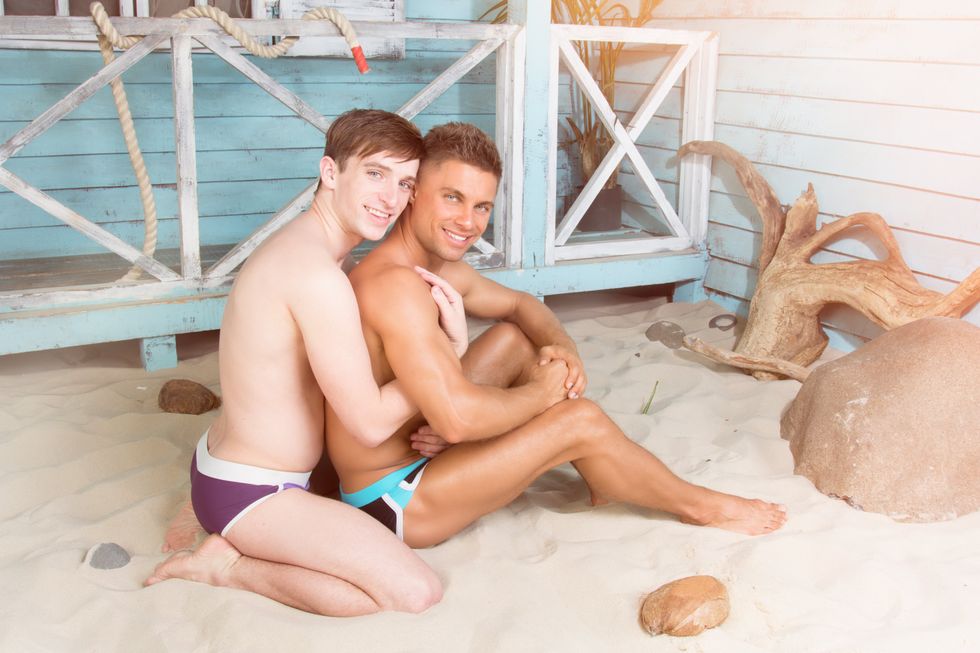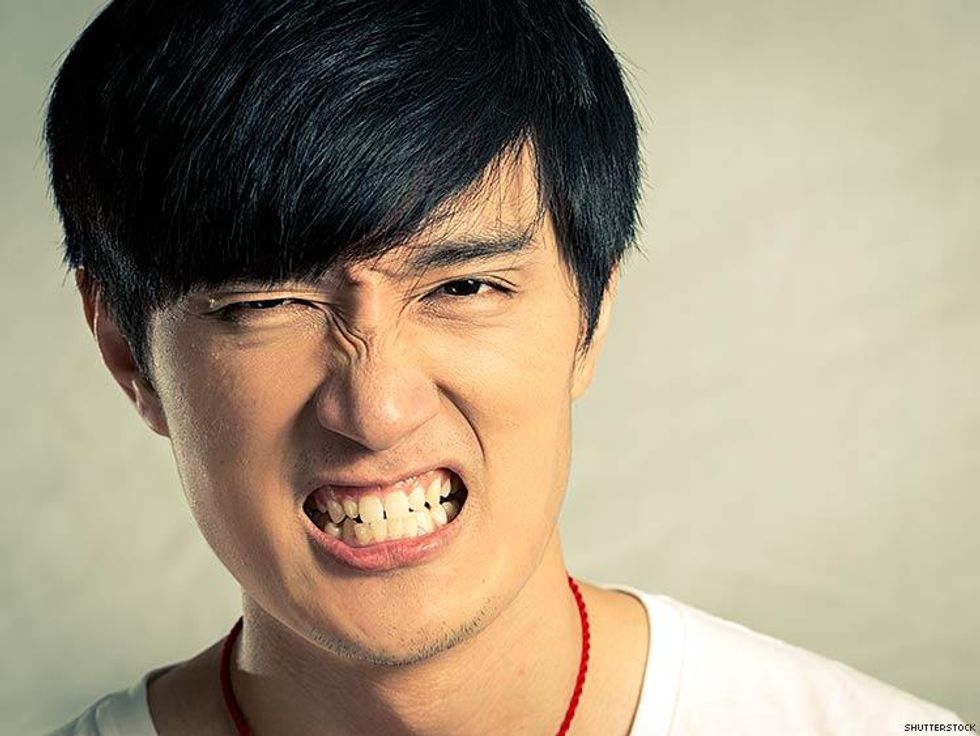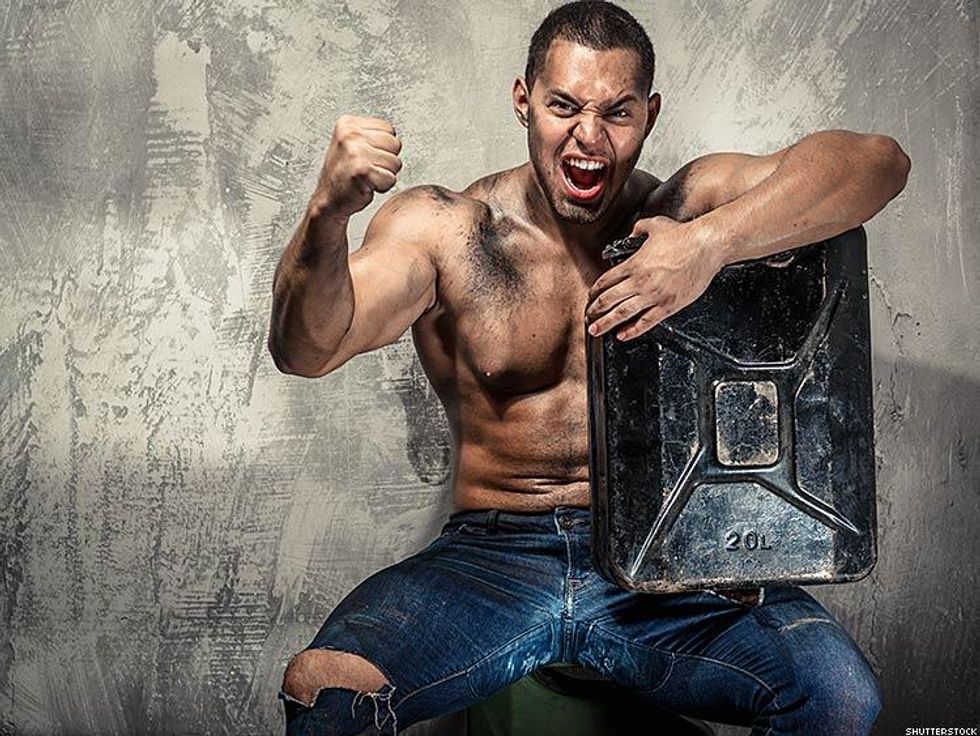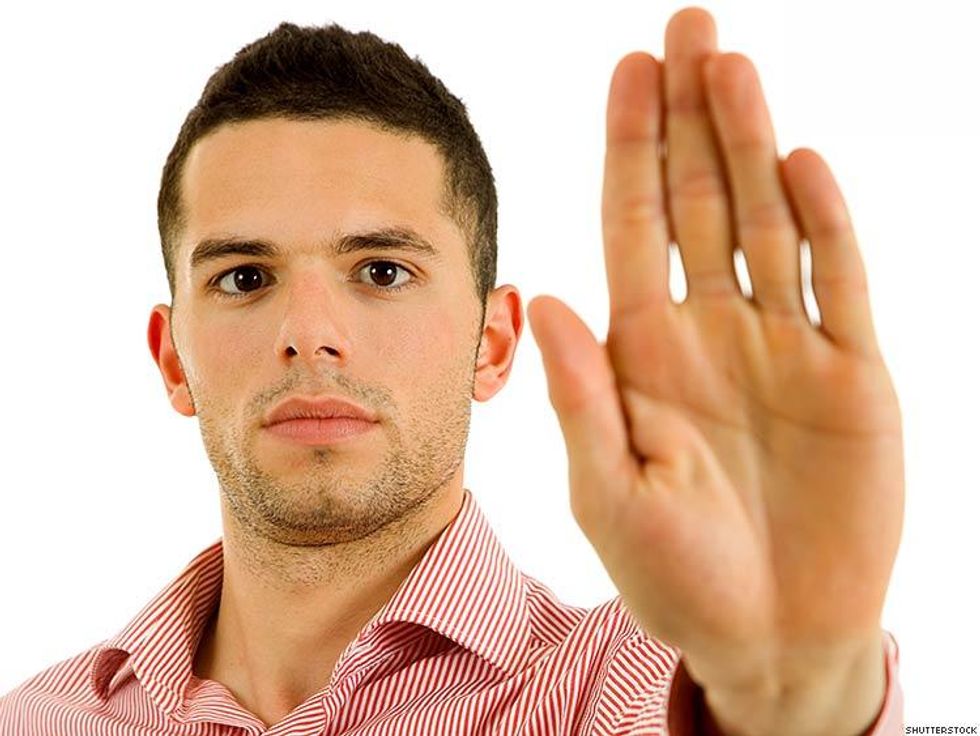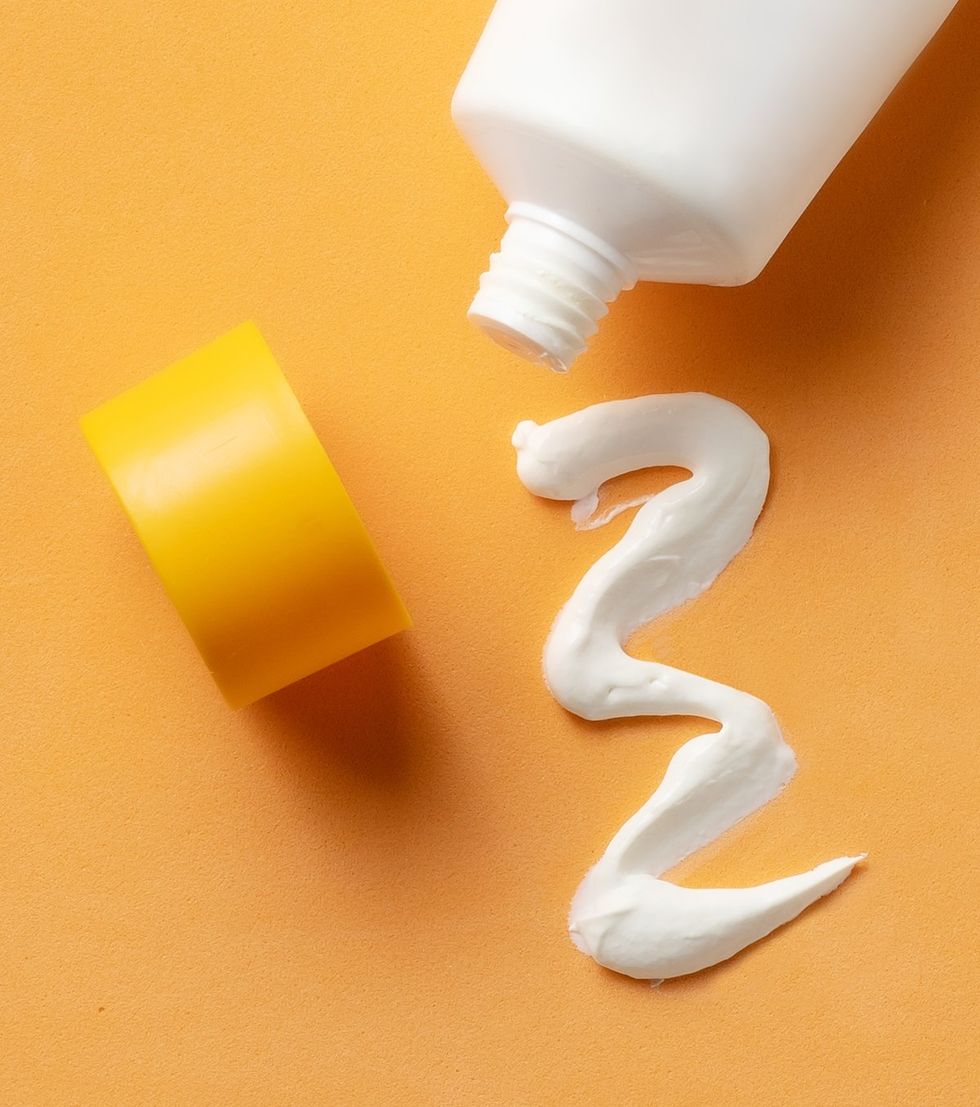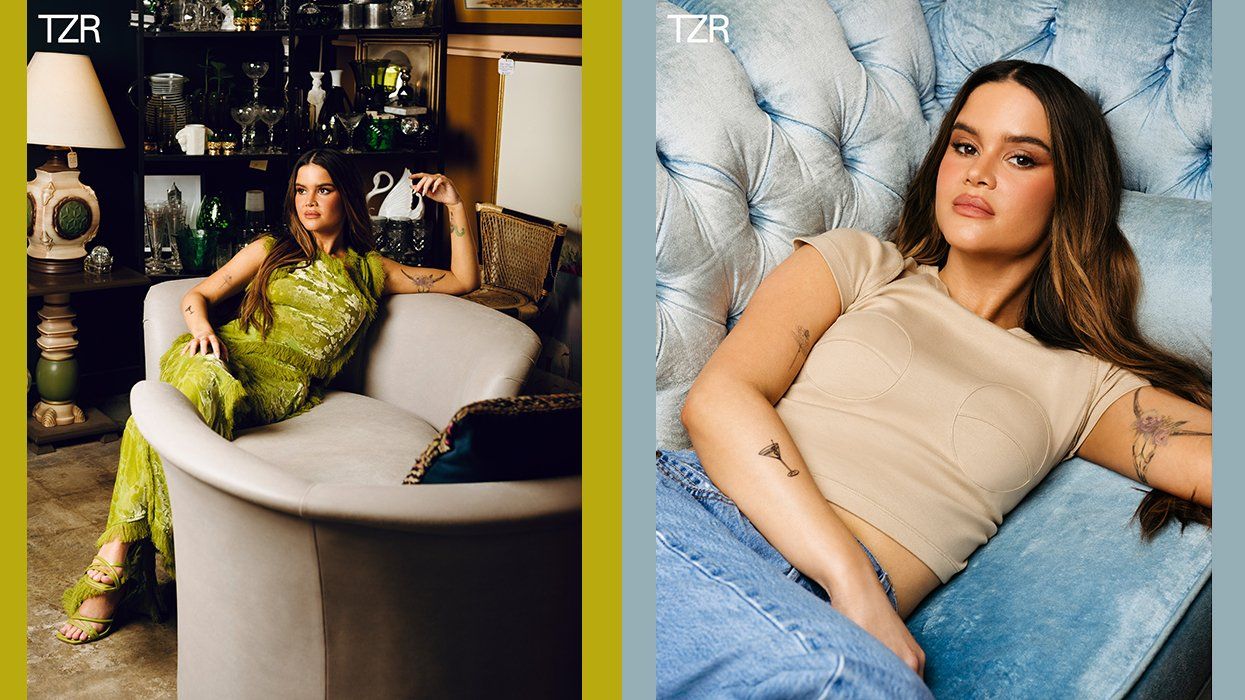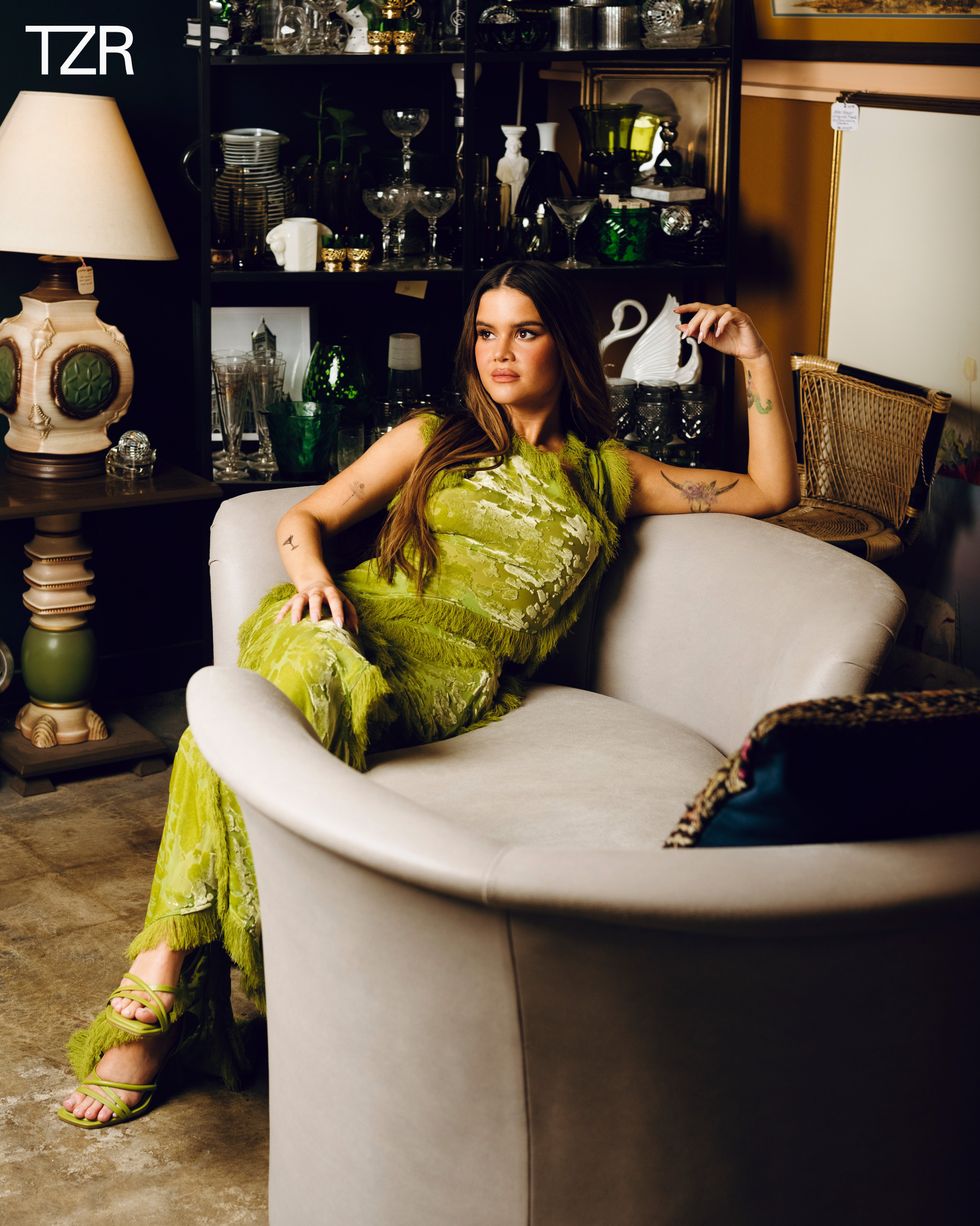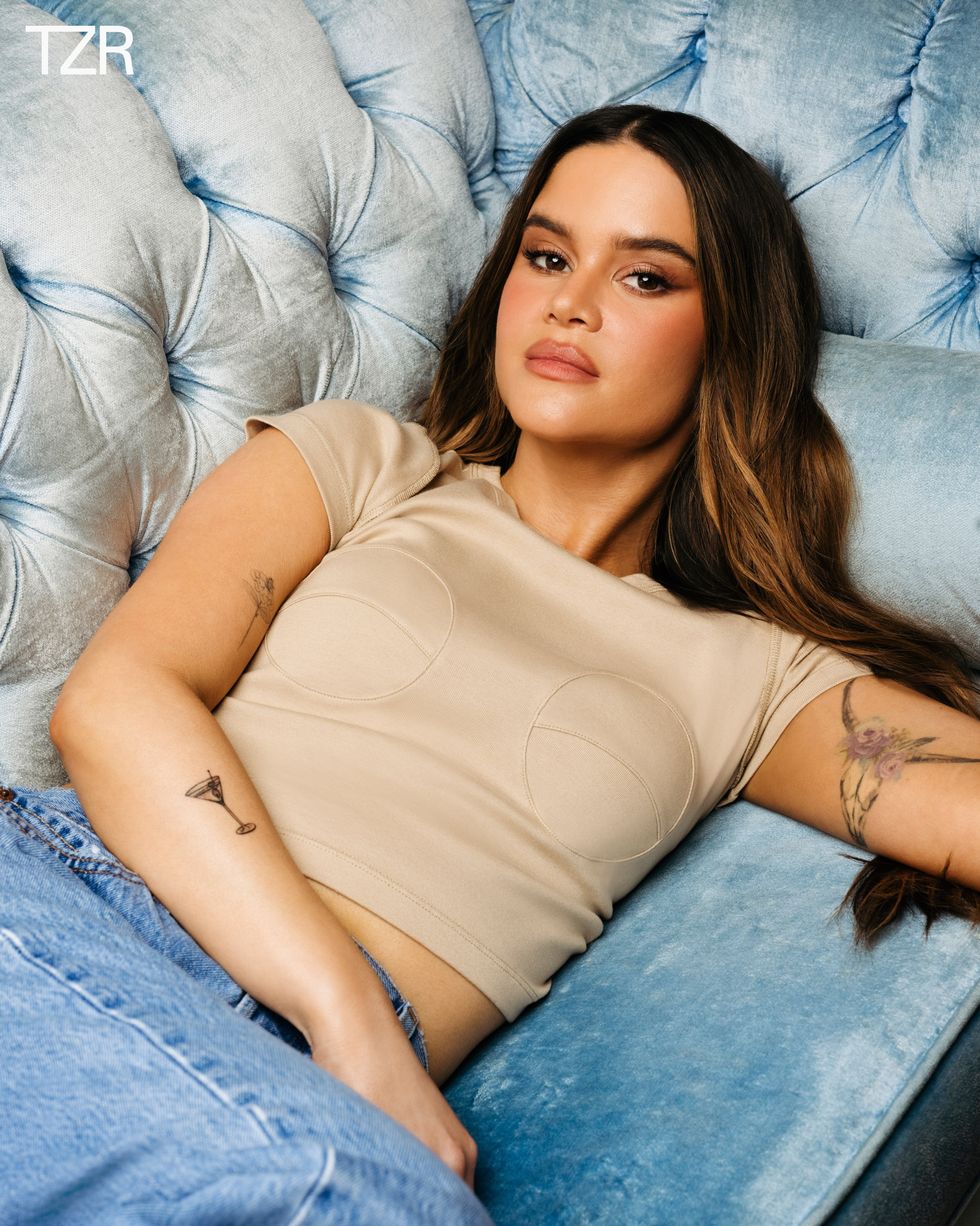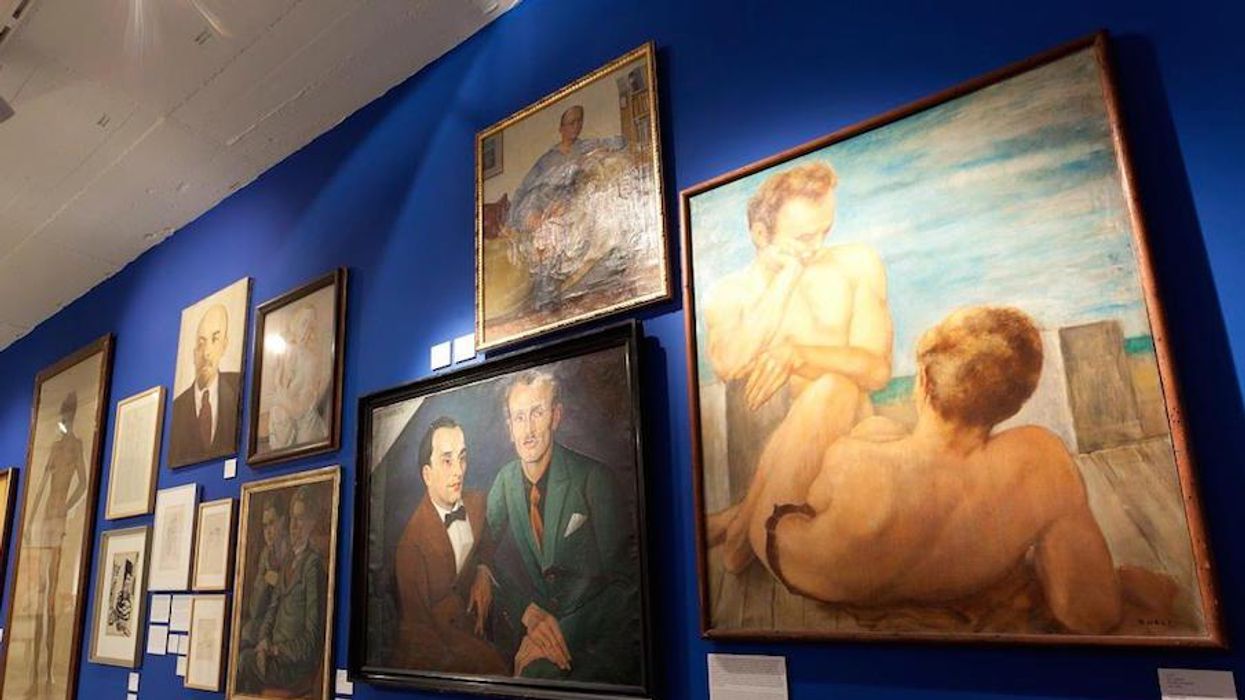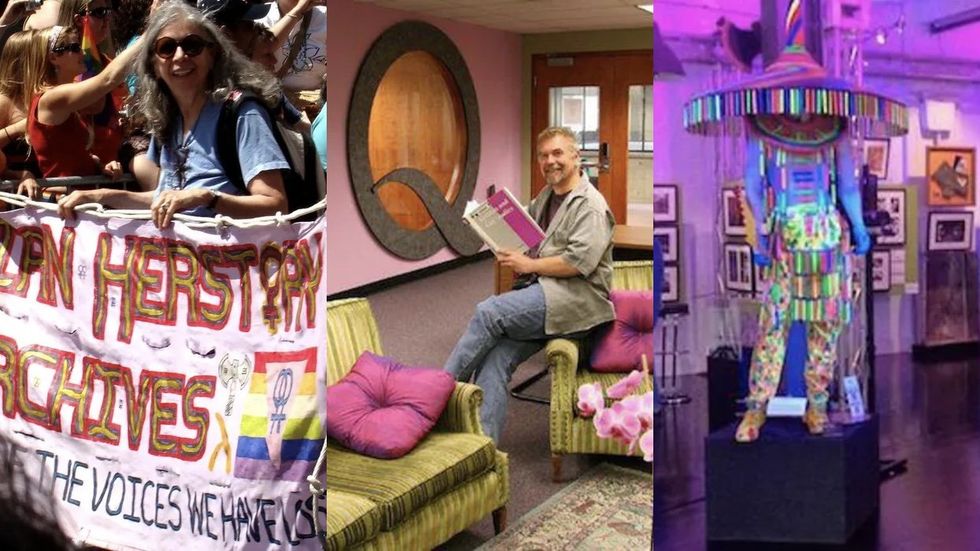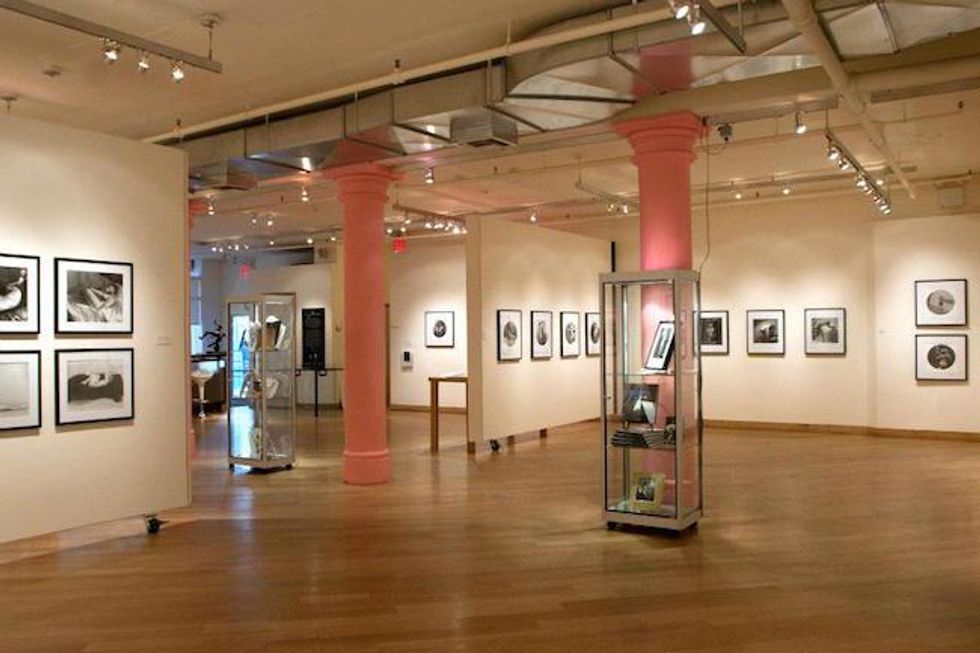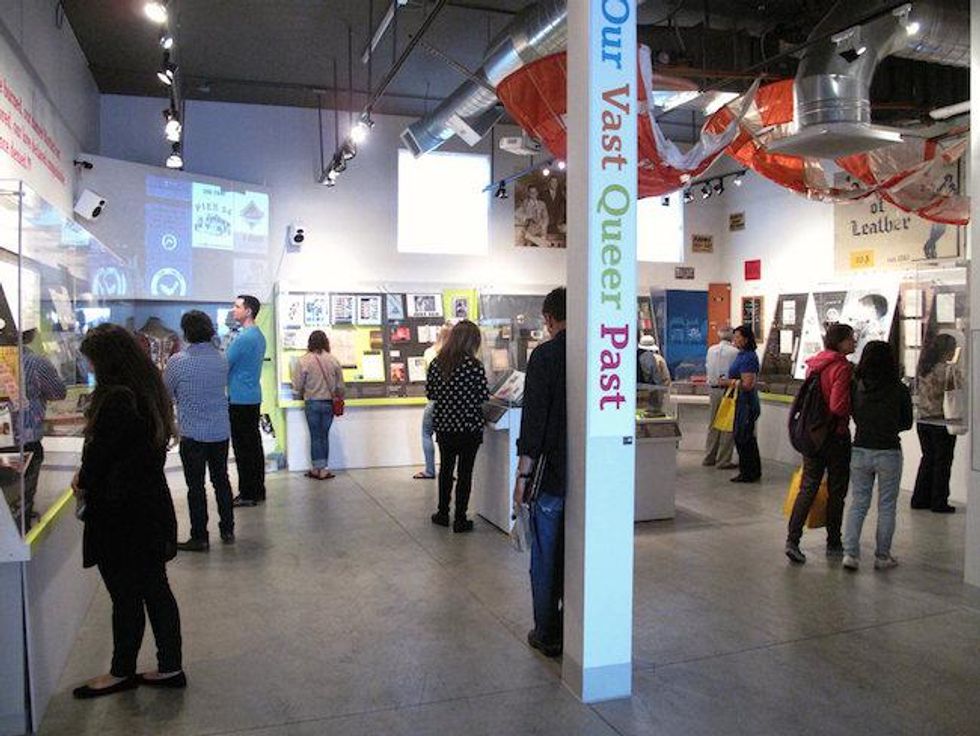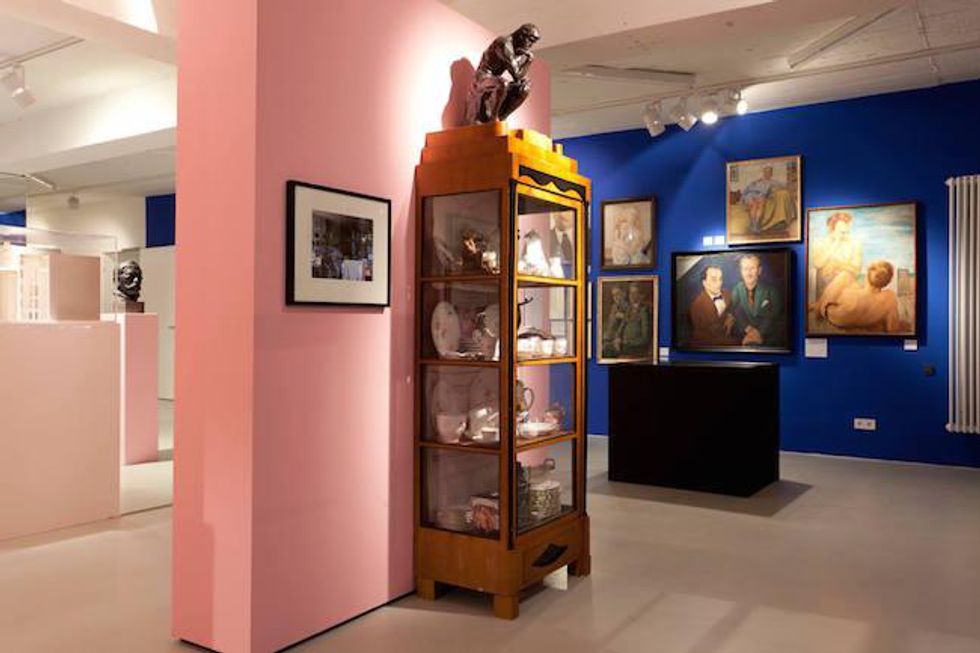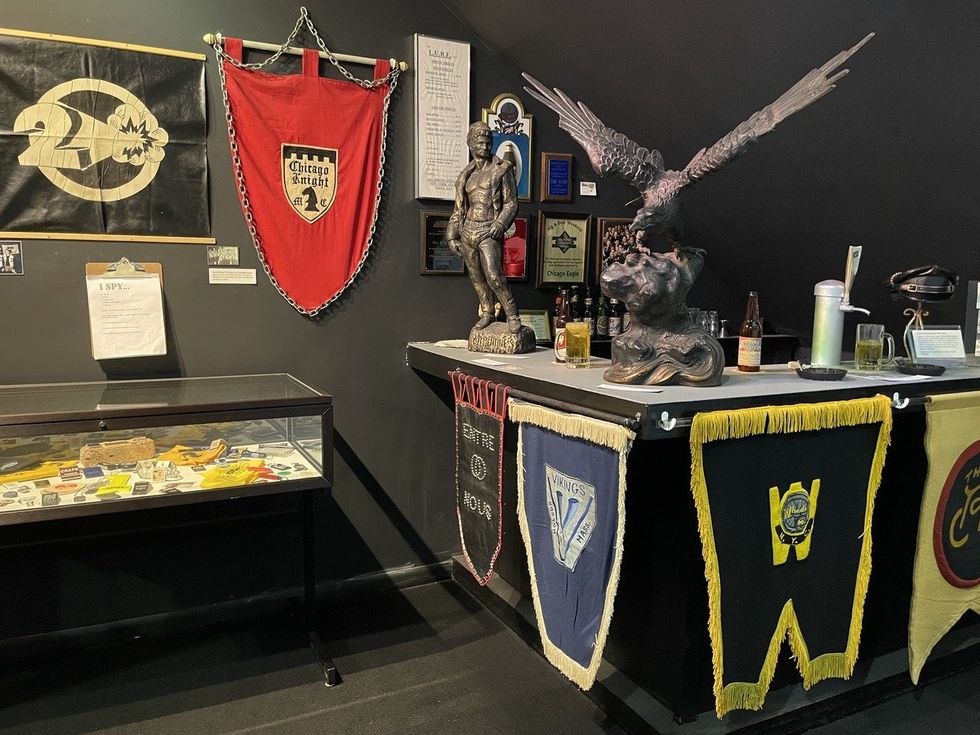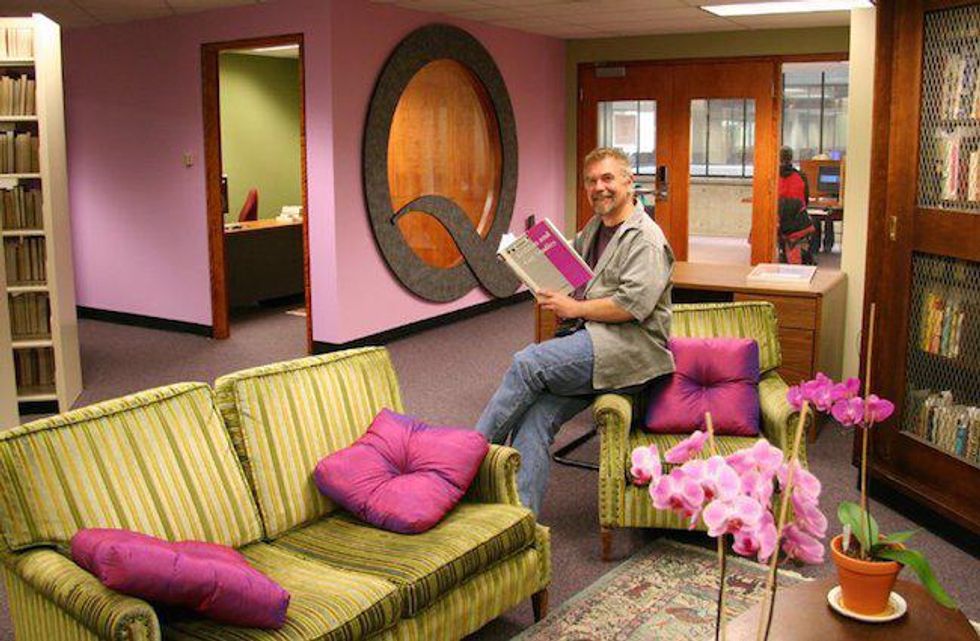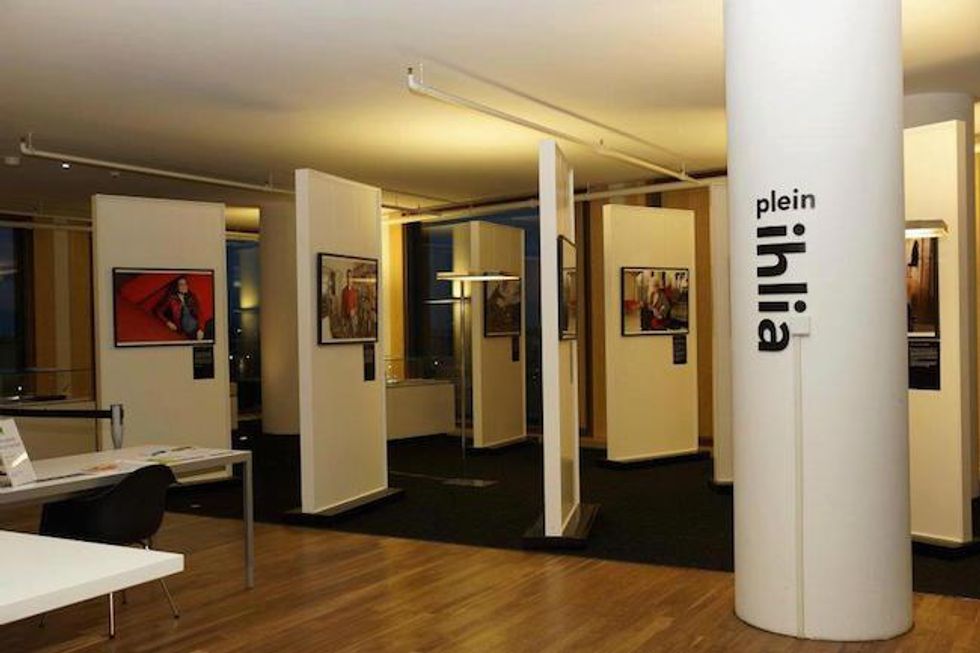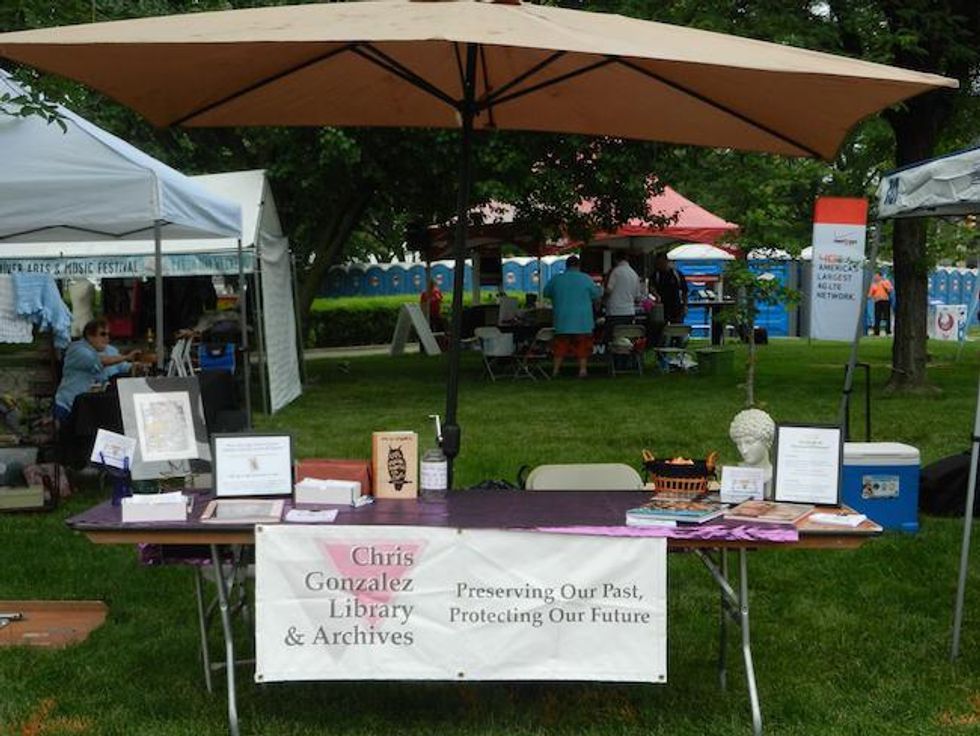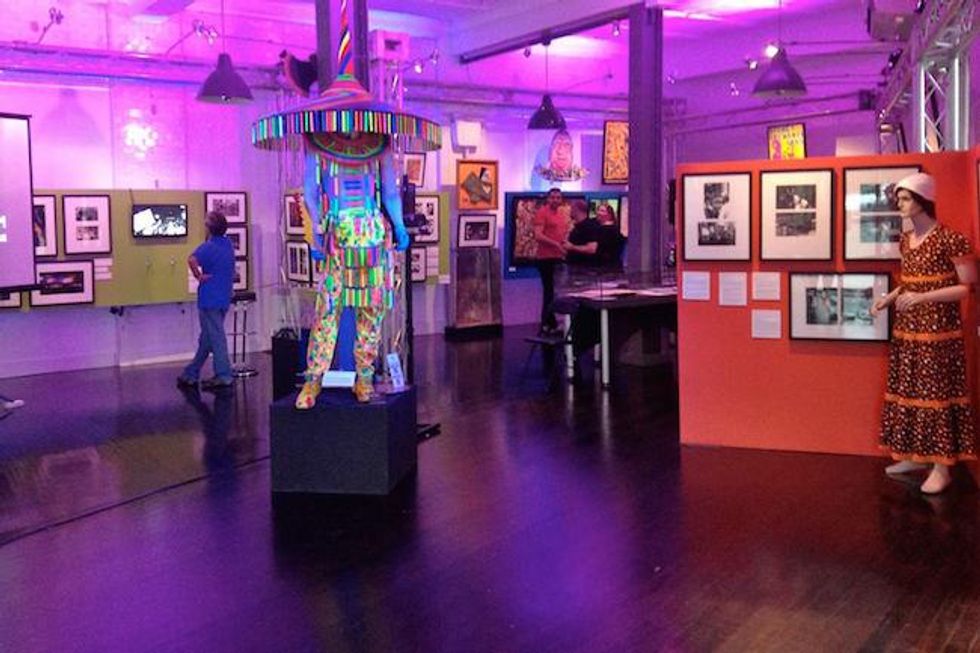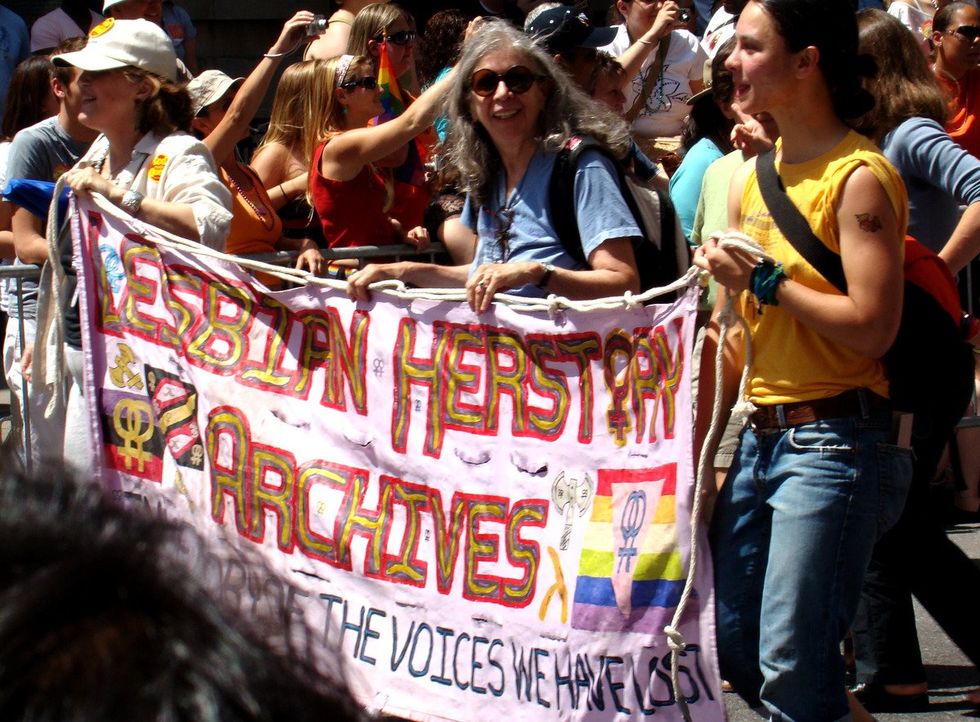Enough people label themselves as heteroflexible, that in 2014, OkCupid added it as an option to pick for sexuality. Like many sexual orientations that exist on the spectrum, heteroflexible is a little bit tougher to characterize than monosexual (either homo or hetero). But from what I’ve gathered, it’s a form of sexual orientation that’s characterized by having opposite-sex attractions the vast majority of the time; however, heteroflexibles, once in a blue moon, are struck by a same-sex attraction. These attractions can lead to sexual action, but not necessarily. If physical action does occur, it’s often while intoxicated and often “above the belt" (i.e., kissing, heavy petting).
Urban Dictionary sums it all up with its top definition, “I'm straight but shit happens.” Its example says, “Dude, it's not my fault. I was drunk and it was fun. What can I say? I'm heteroflexible.”
Now I believe people should feel free to identify however they want. I’m fine with people identifying as a ham sandwich, if that’s how they feel best expresses their identity. It’s no skin off my back. But what worries me about the term heteroflexible, is that it seems like a subset of bisexuality that’s not being acknowledged. Bisexuality does not mean an equal attraction to both men and women. It means an attraction to your gender and at least one other gender. It sounds like heteroflexibles are primarily attracted to the opposite-gender, but do, from time to time, have same-sex attractions. And that sounds a lot like bisexual.
Heteroflexibility is just a word that perpetuates bi-invisibility and seems to be used by people who are not quite comfortable with the label bisexual (or pansexual) because it seems like too much of a commitment or political statement; given their primary attraction to people of the opposite-sex, it doesn’t seem worth it (or in their minds, accurate) to label themselves as bi or pan.
I get that. I know what it’s like to look in the mirror and not be able to bring yourself to say, “I’m bisexual.” It took me many years to get to that point. For about four years I slept with men, and not once sober. I couldn't bring myself to do it sober because being drunk gave me a much needed excuse for my actions. I'm only providing this infromation to say I've been there. So if saying you're heteroflexible allows you to explore your same-sex attractions safely, and get you to a place where you feel comfortable with your sexuality, then so be it.
That said, heteroflexibles are bisexuals.
Now I used the word heteroflexible before I labeled myself and came out as bi. I would also say “I’m straight but not narrow,” when feeling cheeky. The heteroflexible label inhibited me from actively pursuing men and exploring my sexuality fully because it limited me, in that I wanted to remain heteroflexible as opposed to “fully bisexual.” Therefore, I had to keep my physical and emotional attractions to a minimum. The irony is that my actions and desires that were supposedly “curbed” at the time, still made me bisexual. Meaning that even if I wasn’t kidding myself, and actually was only attracted to men once in a blue moon (this isn’t the case), I would have still been bisexual.
Let me clarify because I don’t want to accidentally draw a parallel to the common misconception that all bisexual men are simply closeted gay men. If you’ve read anything I’ve ever written, you know that’s not true. But how this differs is that heteroflexibility, by its definition, is a subset of bisexuality, whereas bisexuality is not a subset of homosexuality.
At this point, you might be thinking, “Doesn’t this really sound like a matter of semantics?” And yes, that may be the case, but the outcome of this semantic difference is bi-invisibility. That’s a problem. Still, if you like the label heteroflexible, feel that it accurately describes you, and think bi is “too strong,” that’s fine. Use it. But if you are someone like me, who used the label because “bisexuality” seemed too daunting, I would take a harder look.
I’m not trying to push any bisexual agenda on anyone. I’m just saying that labels are only words. They don’t define you. Still, there is a power and joy in being able to proudly claim a label as your own and to be a part of that community.
And again, without pushing any agenda, I think the bi community is pretty awesome, and might be worth exploring.




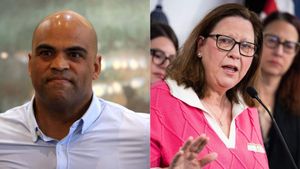









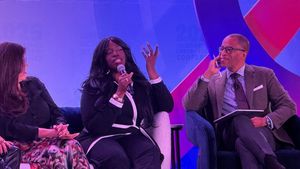






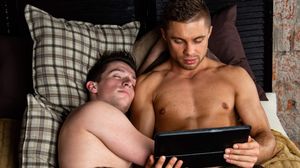










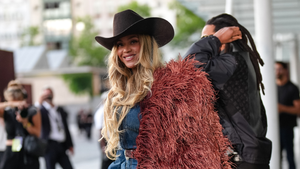








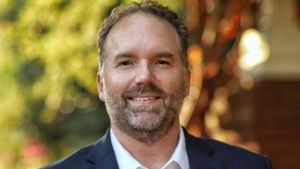
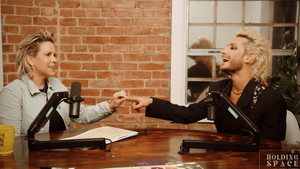





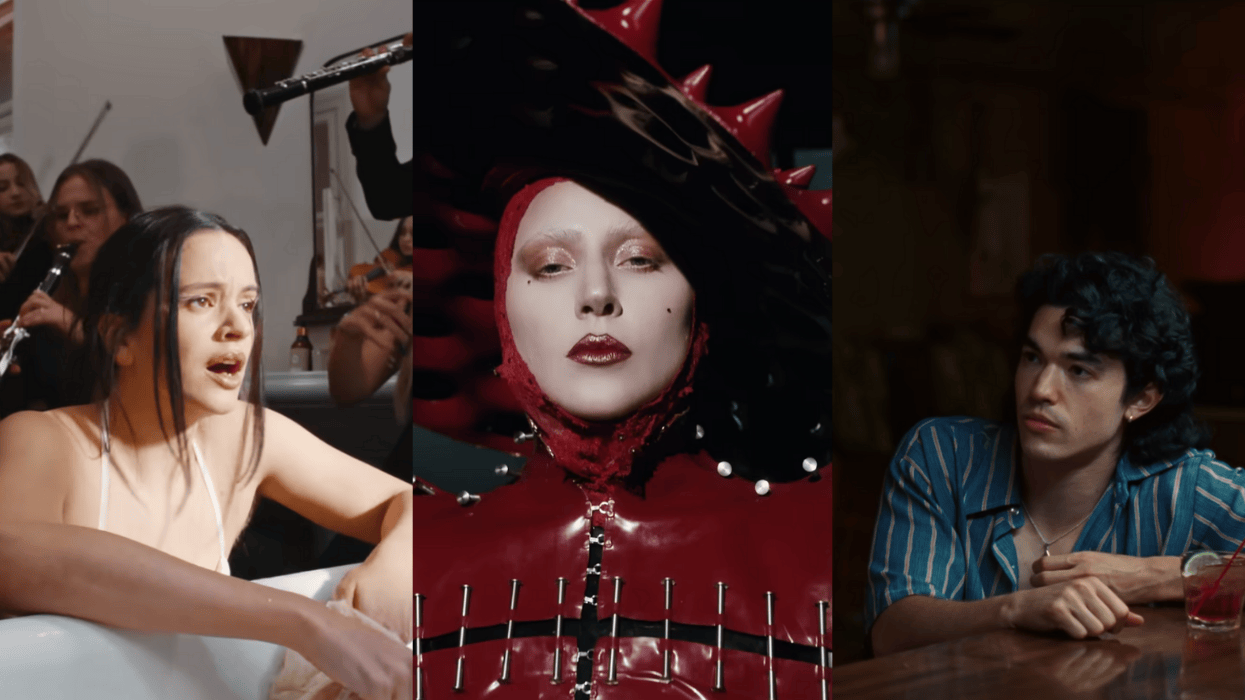
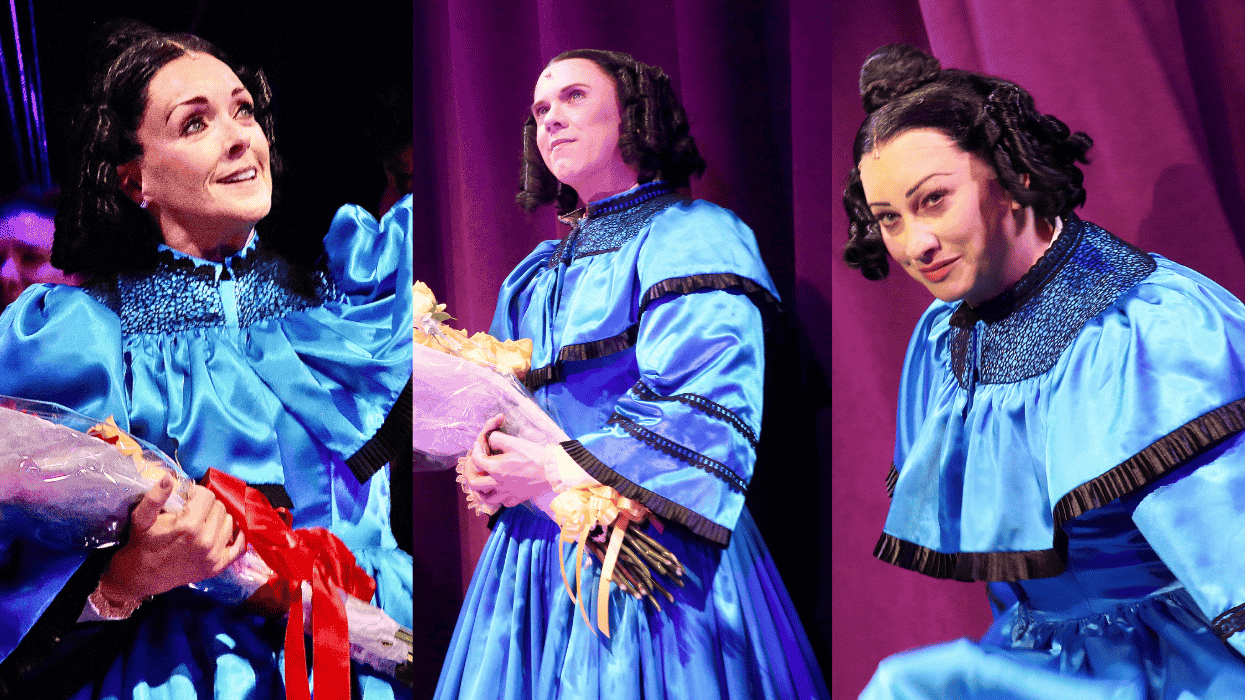

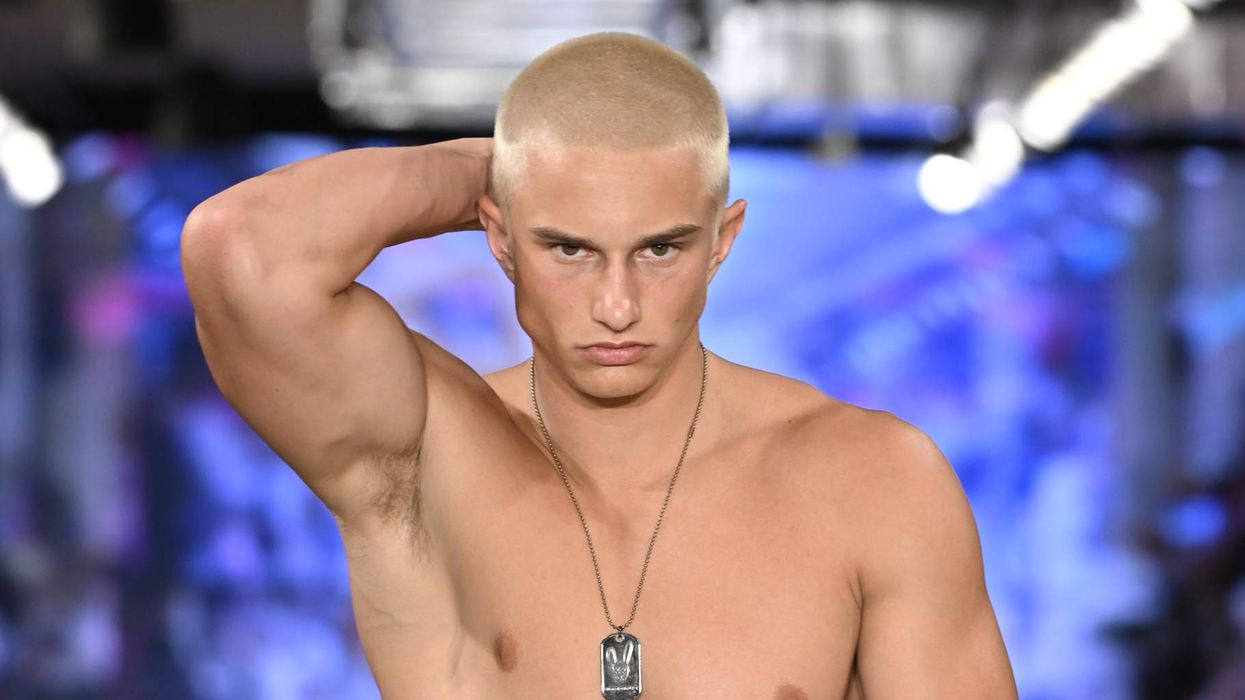

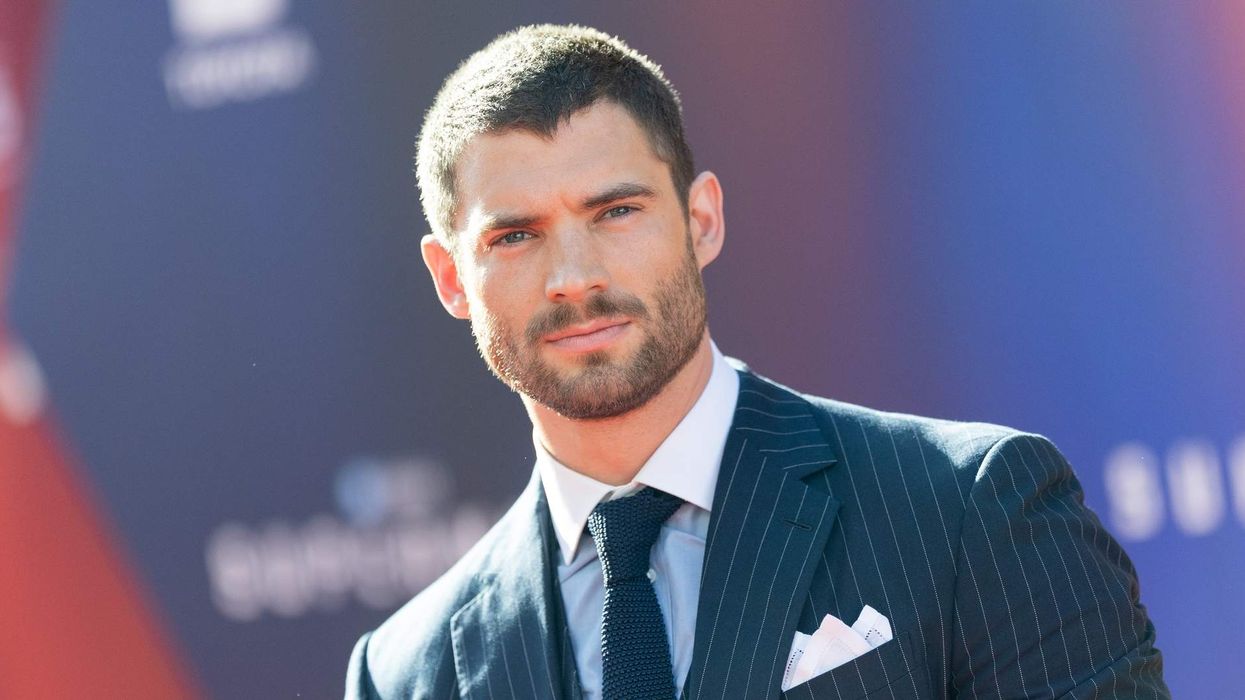

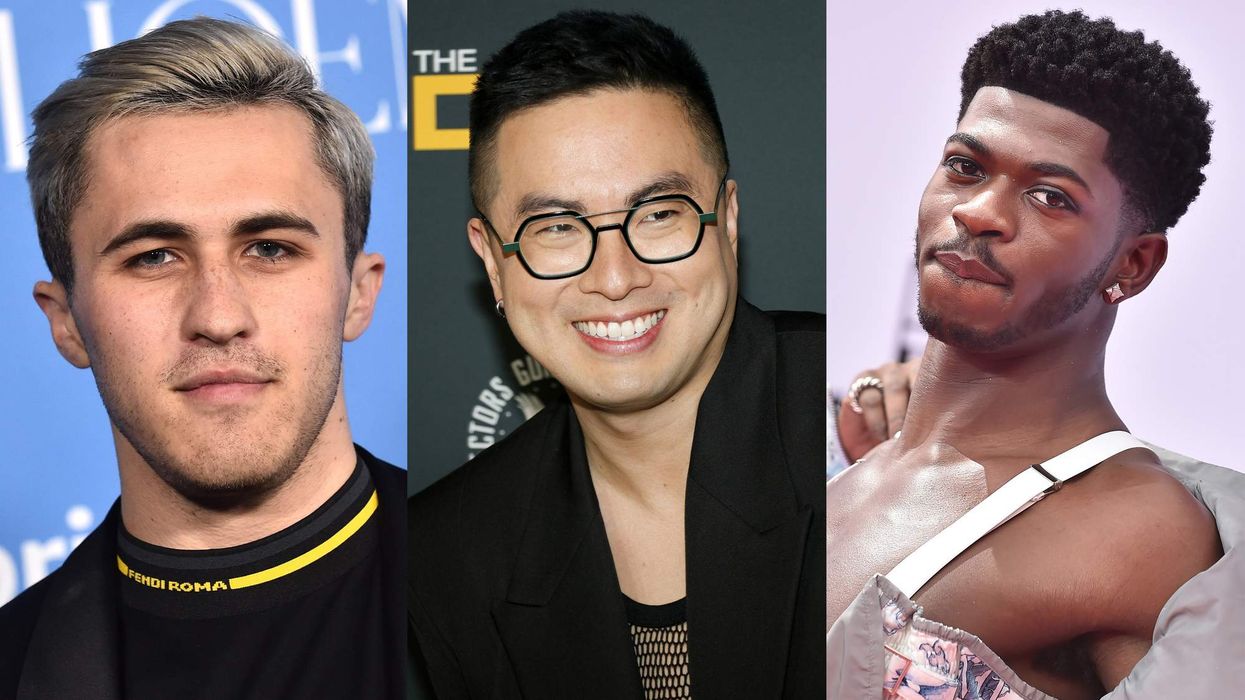
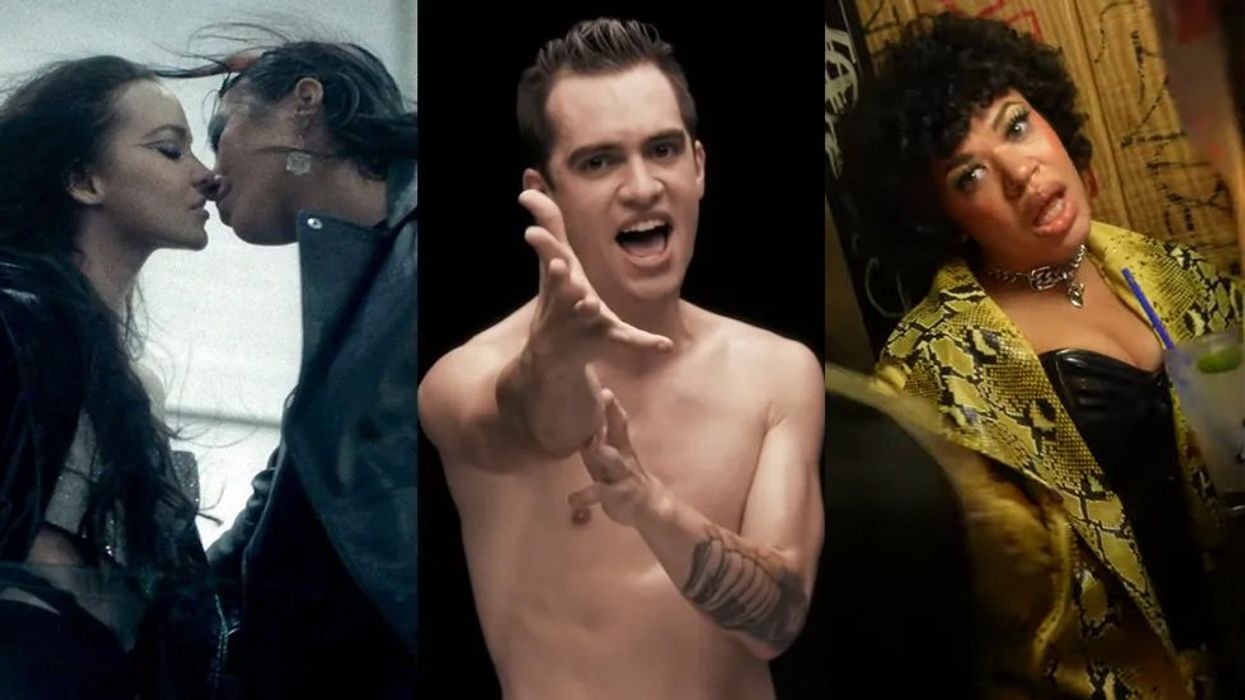
 35 bisexual pop anthems we have on constant repeatYouTube.com/Binoy
35 bisexual pop anthems we have on constant repeatYouTube.com/Binoy
